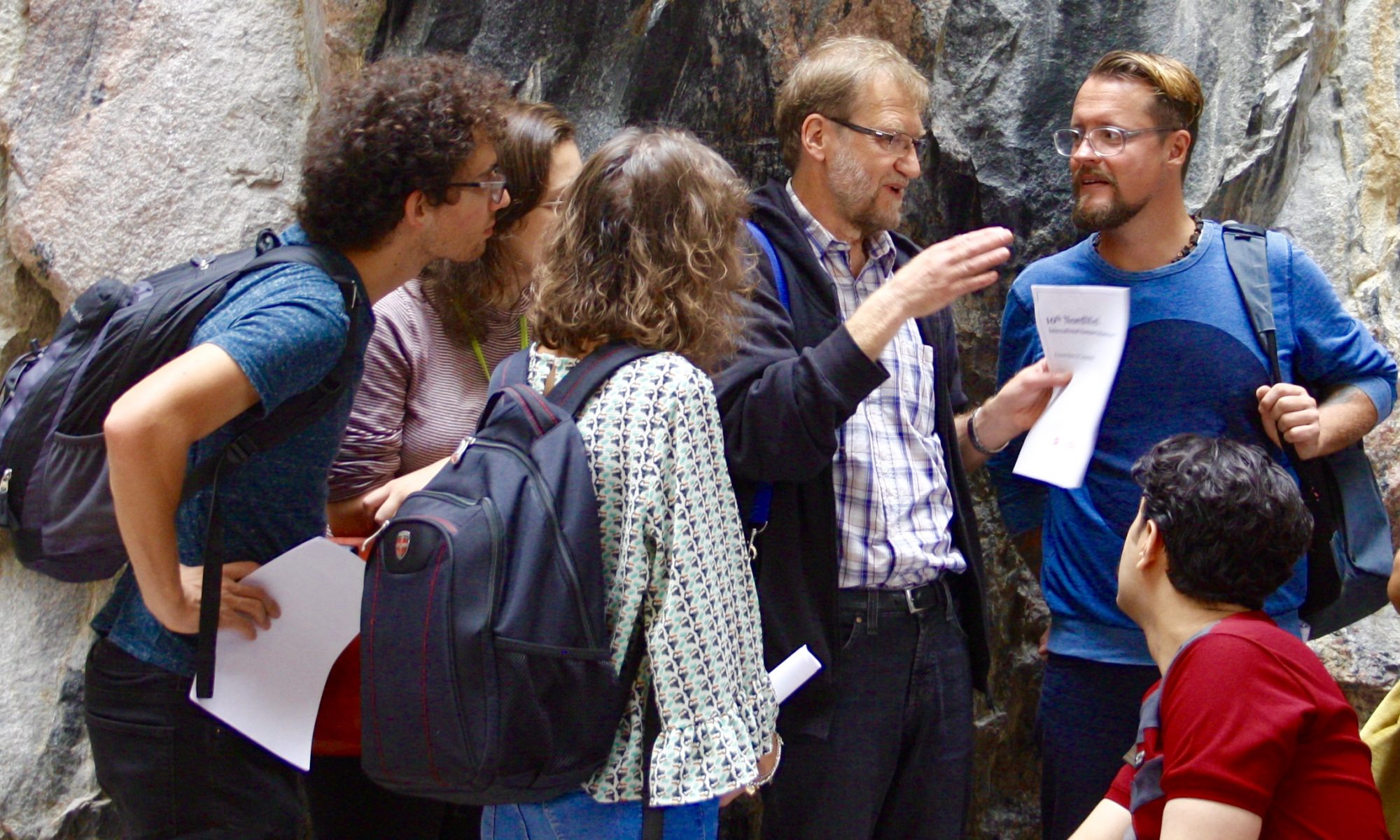Epistemic Communities: Knowledge and Social Interests in the Making of the Nordic Welfare State
In research on knowledge-based societies, a crucial point is knowledge production and diffusion in policy making. A historical perspective can identify continuities and ruptures in this respect. International dimension of national welfare policies are far from new. National policies have not been shaped simply as endogenous responses to domestic problems.
The idea of “Norden” as a distinct, special part of the world can be traced back to at least the 19th Century. In the early phases, it functioned as reference in the national struggles of the young Nordic democracies. From the late 19th Century, this idea of Norden developed in the direction of inter-Nordic collaboration. In what can be called the welfare political sphere it is possible to point out at least three types of cooperation. Firstly, there is the establishment of networks among scientific or administrative experts. Secondly, this close cooperation had parallels on the political levels with regular meetings between members of parliament from 1907, meetings and conferences on special topics, and the establishment of Nordic Council in 1953. Thirdly, there was what can best be characterized semi-official cooperation intiatives as, for instance, the Nordic Associations founded around 1920 or the SAMAK conferences between the Nordic labour movements.
These kind of cooperation became decisive in the formation of the Nordic welfare state model from the inter war years until the 1970s or 1980s. The creation of transnational epistemic communities (often based on parallel national epistemic communities) was important for the social construction of the concept of the Nordic welfare model as well in facilitating the very high degree of policy transfer and ideas of convergence between the national social security systems as a positive goal.
Over the last 5-7 years there have been a renewed research interest in this kind of Nordic cooperation within areas such as social policy, labour market policy and marriage law. This have given new insights in but also raised new questions on the establishment and influence of this kind of Nordic epistemic communities. What has been their role in establishing a Nordic welfare identity? What is the relationship between national and Nordic epistemic communities? Who are the experts of the welfare state? Which social interests have been promoted by these kinds of networks and shared norms/goals? Furthermore, more recent developments associated with globalization and the stronger European cooperation – and “new” knowledge producers such as EU, OECD, the World Bank – seem to have challenged the traditionally very strong Nordic identity and cooperation. What will be the consequences for the Nordic welfare state model? Will knowledge production be re-nationalized in the future or will it be internationalized?
